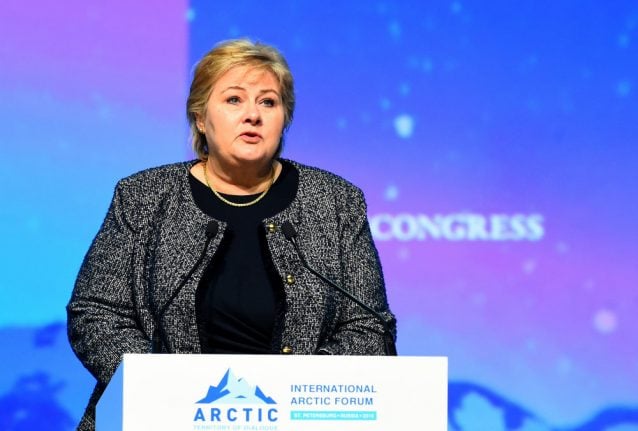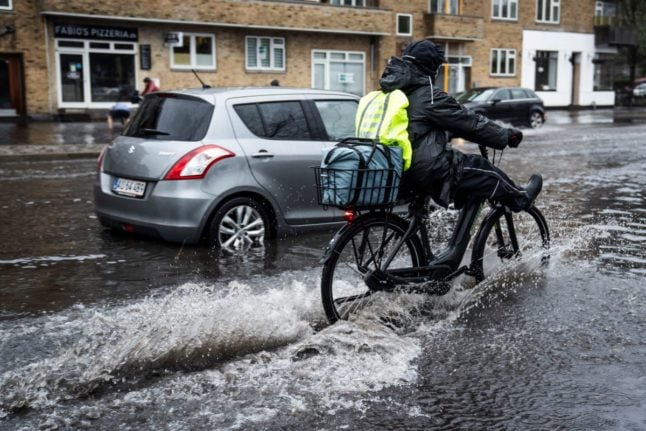Climate organizations have also spoken out against the budget, which was presented on Monday.
READ ALSO: Here is Norway’s budget proposal and what it means for you
The financial plan for 2020 pledged 7 billion kroner for climate initiatives including investment in research, forests, and sustainable fishing, NRK reports.
Increased taxation of CO2 emissions, fewer deductions and exemptions from emissions charges and investment in zero-emissions sea travel are amongst specific measures.
210 billion kroner will be spent by the government on climate research in 2020, a 138-billion kroner increase compared to 2013.
But the budget does not provide for enough spending overall and the government is coming up short on international targets, according to critics.
Estimates currently project that Norway will reduce its emissions by 12 percent by 2030 – a long way short of the 40 percent pledge to which the country committed in the Paris Agreement. The shortfall will be made up by purchasing carbon credits, according to NRK’s report.
“Small change is not going to solve the climate crisis. (This is) a budget from a government with no climate ambitions and we are far from where we need to be to achieve the 2030 goals we have set for ourselves,” Christian Eriksen of Oslo environmental NGO Bellona told the broadcaster.
Member of parliament with the Socialist Left Party, Lars Haltbrekken, accused the government of failing the country’s young people.
“The government is letting down tens of thousands of climate-striking young people when the emissions cuts they are planning by 2030 are less than half of what we have promised the world,” Haltbrekken said to NRK.
READ ALSO: Unicef Norway appoints teenage climate activist as ambassador
Prime Minister Erna Solberg rejected criticism of the budget.
“We are making these changes at a time when things are moving quickly. We are going from having 25,000 electric cars to 250,000 electric cars and are replacing diesel and petrol cars. But it takes a little time for every family to be able to afford a new, environmentally-friendly car,” Solberg said on NRK’s debate programme Debatten.
Green Party spokesperson Arild Hermstad, speaking on the same programme, said the government was taking too long to implement change.
“We need to make radical interventions now. The longer we wait, the larger the bill we will hand down to those who come after us,” he said.
Steffen Kallbekken, director with research institute Cicero, told NRK that more effective measures were needed.
“We need more effective methods. We need higher taxes and stronger subsidies, and larger investments in renewable energy and public transport. In short, to raise the level of ambition and implement climate politics,” Kallbekken said.



 Please whitelist us to continue reading.
Please whitelist us to continue reading.